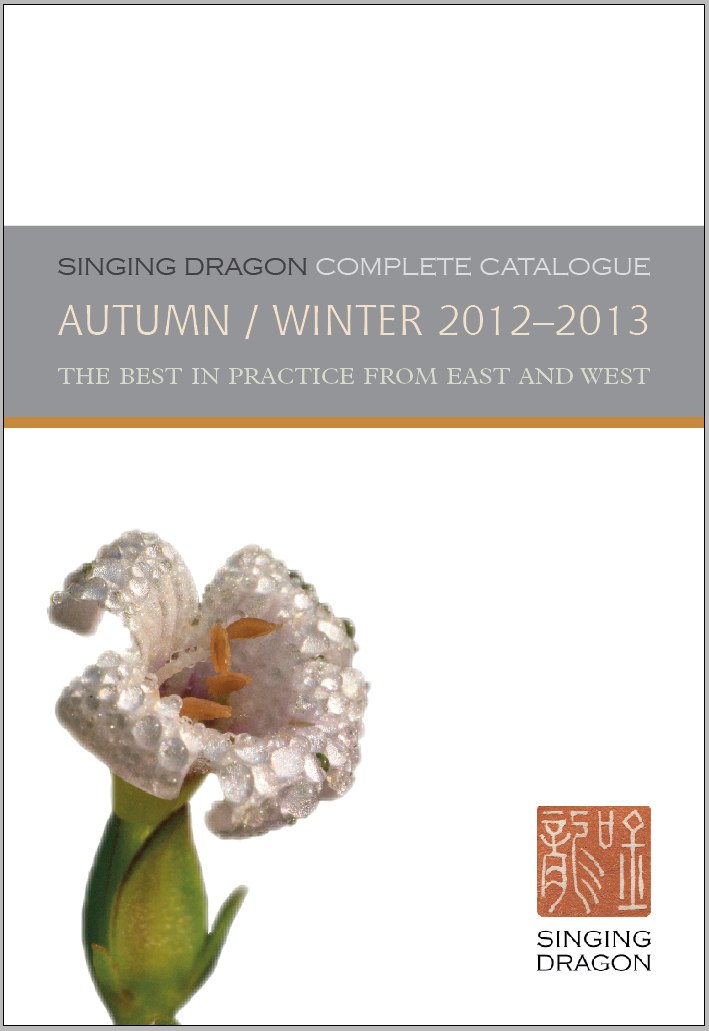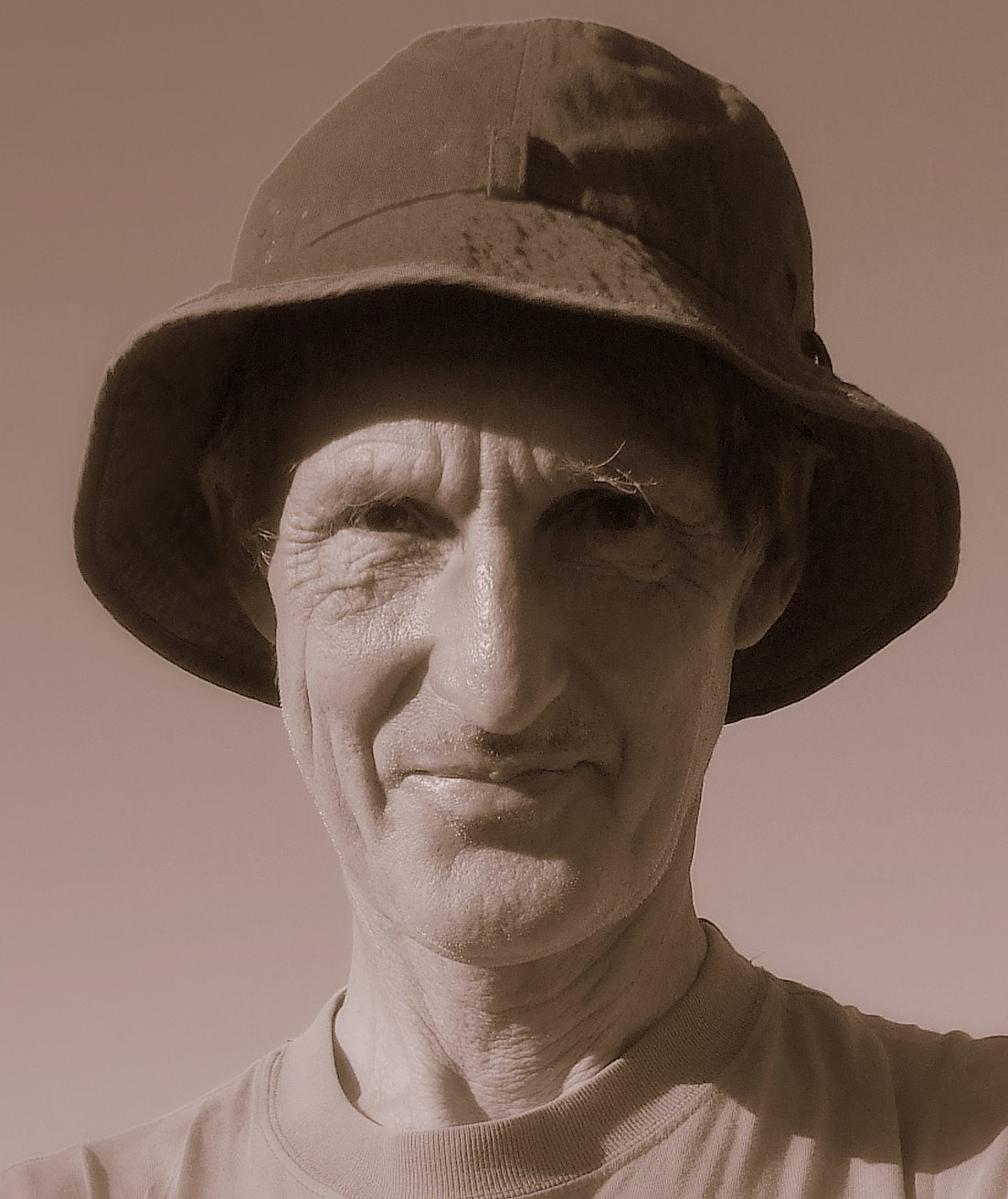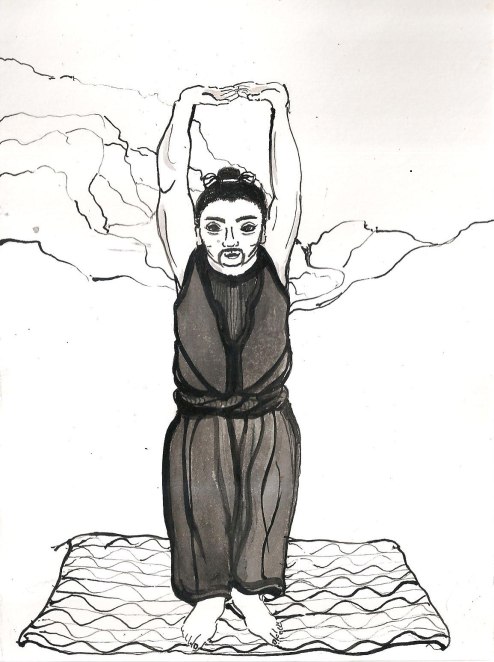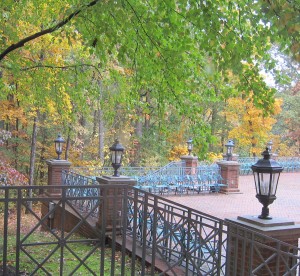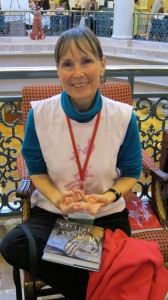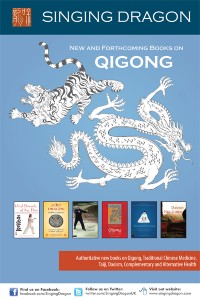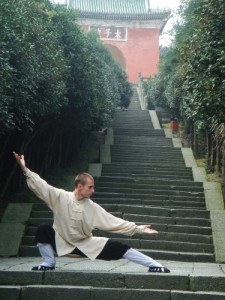Robert Sheaffer has been a seeker all his life. He has been fortunate enough to travel extensively throughout the world and to witness numerous traditional spiritual practices. His time spent studying with the Adept Shun Yuan of the Heavenly Dragon sect was one of his most profound and lasting experiences.
– You describe yourself as a Seeker. What, in your opinion, does this mean?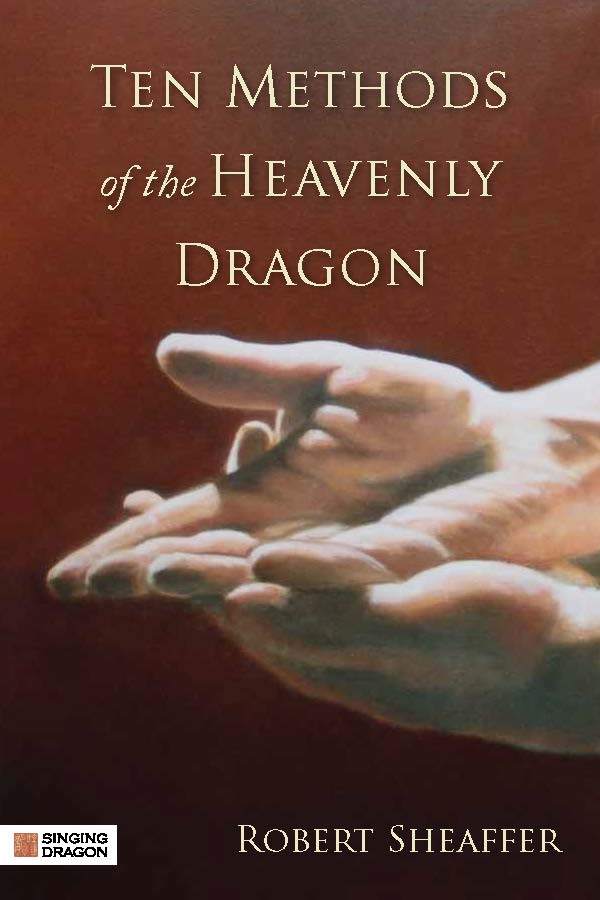
I think it comes down to being curious. The imperative to know drives me. I can’t hear a question that triggers an interest without immediately needing to pursue it. It’s a lust for knowledge and learning. This isn’t simply about learning answers – you can go and seek things out and think you’ve got answers, but after this there’s a lot of internal work to come to a point where you feel true understanding of something. And with this understanding it really truly becomes a part of you.
I was initially propelled on this path in my early teens. I remember reading about phenomena of a certain kind – such as the psychophysiological effects and health benefits of chi-kung practice – and getting fascinated by them. Despite reading about how difficult it was and how much practice and effort was involved in realising these things for yourself, I seemed to stumble into them with no effort and no preparation at all. Although the ‘attainment’ of certain skills, such as an ability to feel and gain some control over one’s internal energy, didn’t come very hard to me, I’m still here, many years later, working on really understanding them properly.
The discovery and development of the self through the internal arts is a lifetime’s work. For many people, the physical aspect is the crux of this work, but for me it just didn’t turn out like that. My methods are very physical, but it’s understanding them on many levels, that’s what keeps me occupied day by day.
– Your book, Ten Methods of the Heavenly Dragon, is based on your own experiences. How did you find the writing process – was it difficult, or cathartic? Did you discover anything new about yourself with the distance offered by time?
Well, I think we should go back to a step before this book began. I was writing something else, entirely. And that piece of work was a real struggle. And then this ridiculous idea hit me – why not write something from personal experience?
It was then very obvious what I wanted to write about. And the book essentially wrote itself. I turned up at the library as soon as it opened, I started working, and they would throw me out in the evening. Everyday I had this weird distortion of time. It was not quite automatic writing, but it was as close as it gets to it. Everything I wrote about in this book came back in a full sensory technicolour replay in my head as I was writing.
There was one particular section which was so sad to read at the time, that I had to completely rewrite it. This was towards the end of the book when we go to visit another teacher, who was severely ill at the time. It just seemed to bring my whole experience down to a really sombre place, and I had to really refocus on the positive aspects of that visit, see it again from an entirely new perspective. This was not a good time to relive, but the rest of it was pretty good.
– Many key events in your story seem to be determined by chance. How do you view these circumstances – do you think there was an aspect of ‘fate’ involved, or is this just how you wanted to live out this experience?
I don’t like the word fate because it’s usually used in conjunction with an idea of predeterminism. I think that existence is far more random. The key question is that when opportunities, or chances arise, whether to take them and run with them, or to resist? Hard experience has taught me that if you resist you crash. As long as you keep going with it, it’s all good.
– You begin the book with a quote from the Tao Te Ching “…when the inferior man hears of the Tao | He laughs aloud at it| If he did not laugh, it would not be the Tao”. Why did you feel that this was particularly relevant here?
Lao Tsu was trying to provide a whole picture of the world, the way it works and how we can live in it. Here, he’s hoping to talk to everyone. So if people don’t have different reactions to what he’s saying, when he’s talking to everyone, what he’s saying must be missing something. This is a necessary aspect of this message – that it’s taken in different ways by different people.
My book is written directly from my personal experience, but I know that there will be people that read it and think it’s fantasy. And that’s fine, as long as they enjoyed it.
– What do you hope readers will take from the book?
Different people are going to be carrying different things when they approach this book. But I think that I’d hope it inspires people to follow their feelings and be able to let go and keep letting go of resistance. The moment you try and force yourself in a certain direction or resist your inner feelings, things become difficult. Even if you can see that the next few steps ahead are going to be really tough, however difficult that is, it’s better than resisting and going the other way. Once you’ve begun letting go you do feel quite quickly the benefit of that in your life, the smoothness of being carried along. My message to the reader would be that once you’ve started that, just keep it up and keep letting it go.
© 2013 Singing Dragon blog. All Rights Reserved.

